It has been only 10 months since conflict broke out in Sudan, but already 12,000 have died, eight million are displaced, and 25 million require humanitarian assistance. The Sudanese Civil War has rapidly become one of the most devastating conflicts in the world, and one of the leading refugee crises globally. Despite this, the conflict is known as “The Forgotten War.” Media sources often focus on other conflicts, and international powers do little to help; so much so that since the conflict broke out on April 15, 2023, countries have failed to provide adequate aid, even as the situation on the ground worsens every day. However, as terrible as this conflict is, it is not the first and sadly will probably not be the last that Sudan faces.
Background:
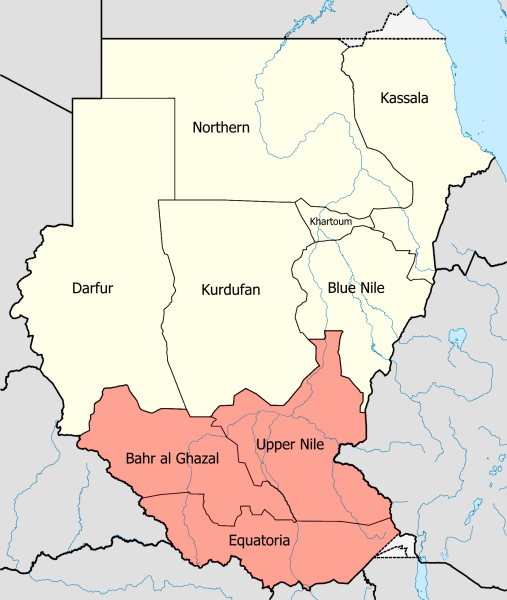
The current conflict is rooted in over a century of colonialism, dictatorships, and previous civil wars. From 1899 to 1956, Sudan was a British colony, part of the Anglo-Egyptian Condominium. Officially, this was a dually controlled colonial government by Britain and Egypt. However, because Egypt was militarily and politically subordinate to Britain–due to Britain’s military interference in the country in the 1880s–the British Empire had complete de facto control of Sudan. During this period of colonialism, Britain ruled over Sudan through a “divide and rule” policy, which separated South Sudan into small provinces that were then ruled by local leaders who answered back to the British government. With ethnic groups divided between chiefdoms, local leaders’ control over the region – including its economy – was reduced and growth lagged. In contrast, the British government invested heavily in the economic and political strength of northern Sudan, which also had a large Arab-Muslim population, because they believed it had better pre-established social hierarchies to create a well-functioning plantation economy. In the long-term, this created a divide between the wealthy Arabic elites of Northern Sudan and the economically impoverished Christian or animist leaders in South Sudan.
This separation led to two civil wars after Sudan gained its independence in 1956. The first lasted from 1955 to 1972 and was fought because South Sudan believed it deserved to be governed independently from North Sudan. Over 500,000 were killed in the conflict, which only ended once a treaty was signed stating that South Sudan was to be granted more political and economic independence. However, civil war sparked once again in 1983, when the Sudanese government tried to implement Sharia law across the country. The South, being primarily Christian or animist, was outraged, leading to a war that lasted until 2005. This time, over two million were killed, and the conflict did not end until Sudan agreed to the secession of South Sudan, which officially occurred in 2011. Today, the territory that was once all part of the Anglo-Egyptian Condominium is made of two countries, South Sudan and Sudan. The current civil war is occurring in Sudan and was caused by fighting between the military and a paramilitary group over control of the government.
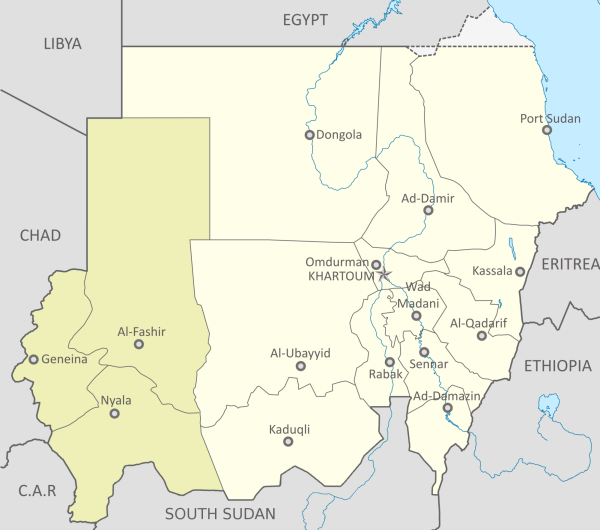
However, amid the previous struggles, a dictator, Omar Al-Bashir, rose to power in 1989. Bashir held power until 2019 when he was ousted in a military coup. During his regime, Bashir did two things that are directly responsible for the current conflict. First, he created the Janjaweed militia to suppress southern resistance. This militia eventually became known as the Rapid Support Forces, or the RSF, and is one of the two groups embroiled in the current fighting. Second, he used the Janjaweed militia to fight southern rebels in the 2003 Darfur war. This war has since been deemed a genocide against the non-Arab citizens of Darfur, with over 300,000 being killed and millions displaced from the region. In addition to spurring tensions between the two warring factions, there is concern that the current conflict is once again leading to ethnic cleansing in the region by the RSF.
Current Conflict:
The fighting in the current conflict is between the government’s Sudanese Armed Forces (SAF), led by General Abdel Fattah al-Burhan, and the Rapid Support Forces (RSF), led by General Mohamed Hamdan Dagalo – often referred to as Hemedti. Burhan and Hemedti collaborated back in 2019 to oust Bashir from power, after which Burhan became the de facto military leader of Sudan. This shift increased tensions between the groups as pushes for a civilian-led government from citizens and the SAF, and the incorporation of the RSF into the military, threatened Hemedti’s power.
Because of Sudan’s lack of stable political institutions and history of humanitarian crises, the current civil war seems to be devolving into continuous abuses of human rights with no end in sight. Already, 25 million require humanitarian assistance – almost half of Sudan’s population. This is largely because much of the fighting is occurring within Sudan’s major cities, such as the capital of Khartoum, where fighting originally broke out. The other center of the conflict is in West Darfur, which is where the previous genocide orchestrated by Bashir and the RSF occurred 20 years ago. This has devastated the population in a region that is still recovering from the previous conflict, and on top of this, there is concern that another ethnic cleansing is on the horizon in Darfur, as reports of the RSF violence in the region continue to mount. Thus, it is unsurprising that the civil war has led to one of the worst refugee crises in the world, with eight million refugees having already left the country. Most have ended up in Chad, South Sudan, Egypt, Ethiopia, and the Central African Republic.
One last facet of the current conflict is foreign intervention. The general lack of response to the humanitarian crisis is concerning, but a few countries have backed the two military groups. While the United Arab Emirates denies the allegation, it appears that they have been sending the RSF drones and other military assets. Similarly, military aid from Egypt and Iran to the SAF has allowed it to mount a counteroffensive against the paramilitary group. However, this has likely worsened the humanitarian crisis, as both sides have shut down communications pathways and disallowed humanitarian aid to enter the country in fear that outside actors will use it as a means to send military support to the enemy.
A Forgotten War:
Sudan has become the center of one of the most violent, damaging conflicts in the world in a matter of months. However, many continue to turn a blind eye and instead focus on more headline-grabbing conflicts, like the wars in Ukraine and Israel-Palestine. Nowhere is this lack of support more evident than in the area of aid. A recent UN appeal for $2.7 billion has seen only 4% of the required funds met. This has forced the UN to dig into emergency reserves to help civilians meet basic food and shelter needs.
There are a few factors that seem to have contributed to Sudan’s situation as “the forgotten war.” First is the fact that coverage of the war is extremely challenging as there is not a clear “good and bad” side of the conflict. Second, the conflict broke out as wars swept other parts of the world. For instance, conflicts in Gaza, Ukraine, Nagorno-Karabakh, Chad, and the Democratic Republic of Congo erupted or continued to be fought around the same time that Sudan entered its war. Because of limited time and resources, it is unsurprising that the media cannot cover all of these events equally.
However, the final, and biggest, reason that Sudan’s conflict has been forgotten is because the region offers little to the political and economic interests of the international community. The conflicts in Ukraine and Gaza have a large economic and political impact on the stability of regions that are often influenced by global powers like the US, EU, Russia, and China. Sudan, on the other hand, does not have a large economic footprint globally, and they are also not a vital region for global trade. Therefore, influential countries would rather spend their resources protecting their economies and overseas influence rather than fighting for human rights in “dispensable” parts of the world. In Sudan, this hierarchy of priorities became evident when the UN Security council voted to unanimously terminate the Integrated Transitional Assistance Mission in Sudan (UNITAMS) in December, which aimed at furthering the political transition from military to civilian control.
As Sudan dredges on through a war with no end in sight, it has become abundantly clear where global priorities lie. This country could have benefited immensely from intervention from the UN, on both humanitarian and political fronts. Instead, desperate civilians have received next to nothing, demonstrating how international groups are the defenders of human rights only when it helps them. With no aid for 25 million civilians and all peace talks at an impasse, Sudanese General Shams al-Din Kabbash’i’s thoughts on the future of the conflict in Sudan ring true: “We will fight, we will fight, we will fight.”



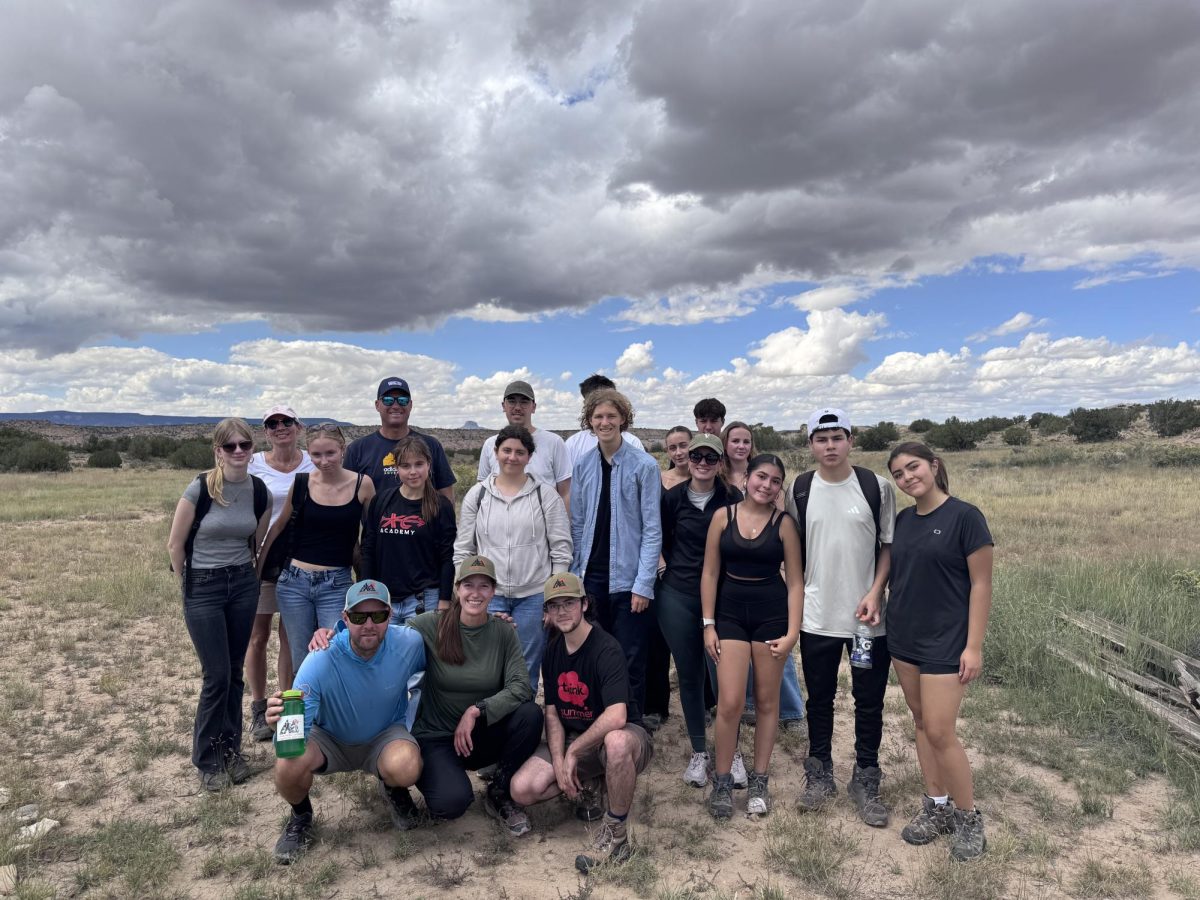
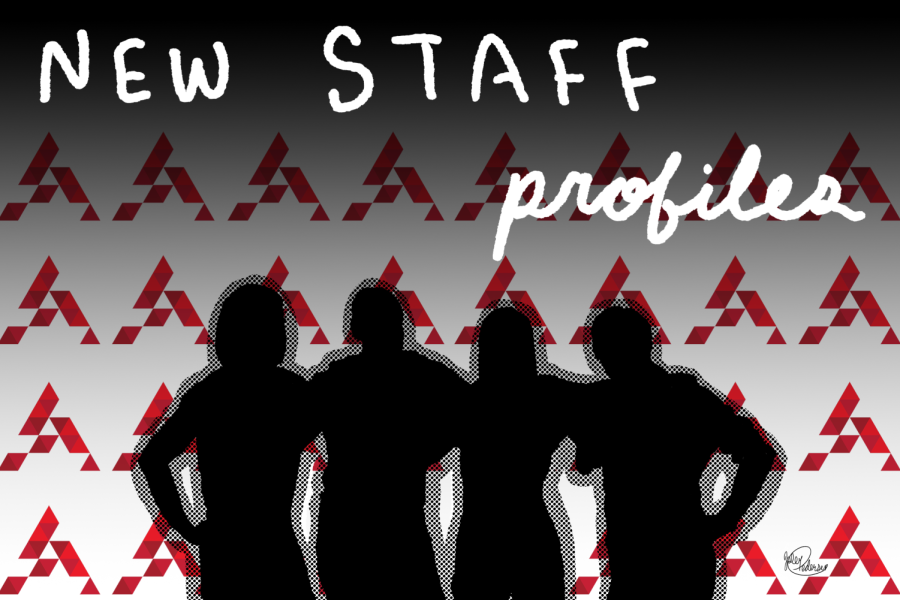
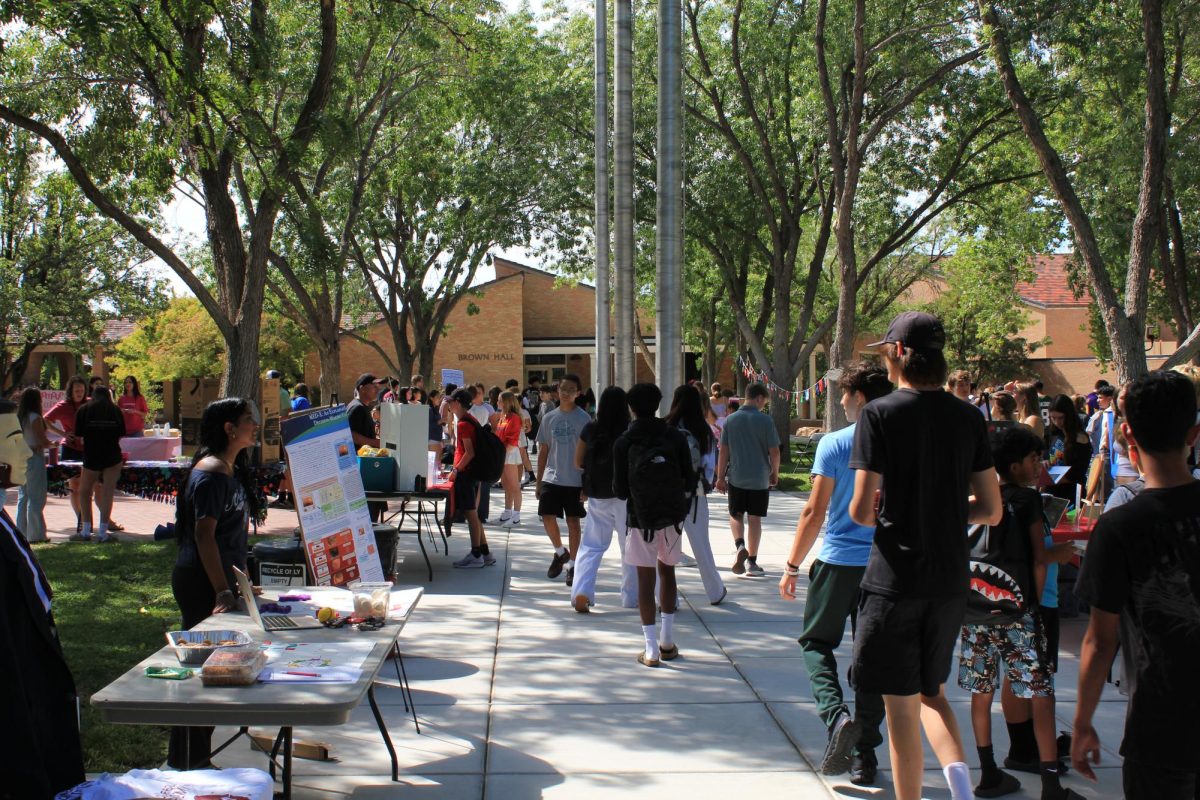




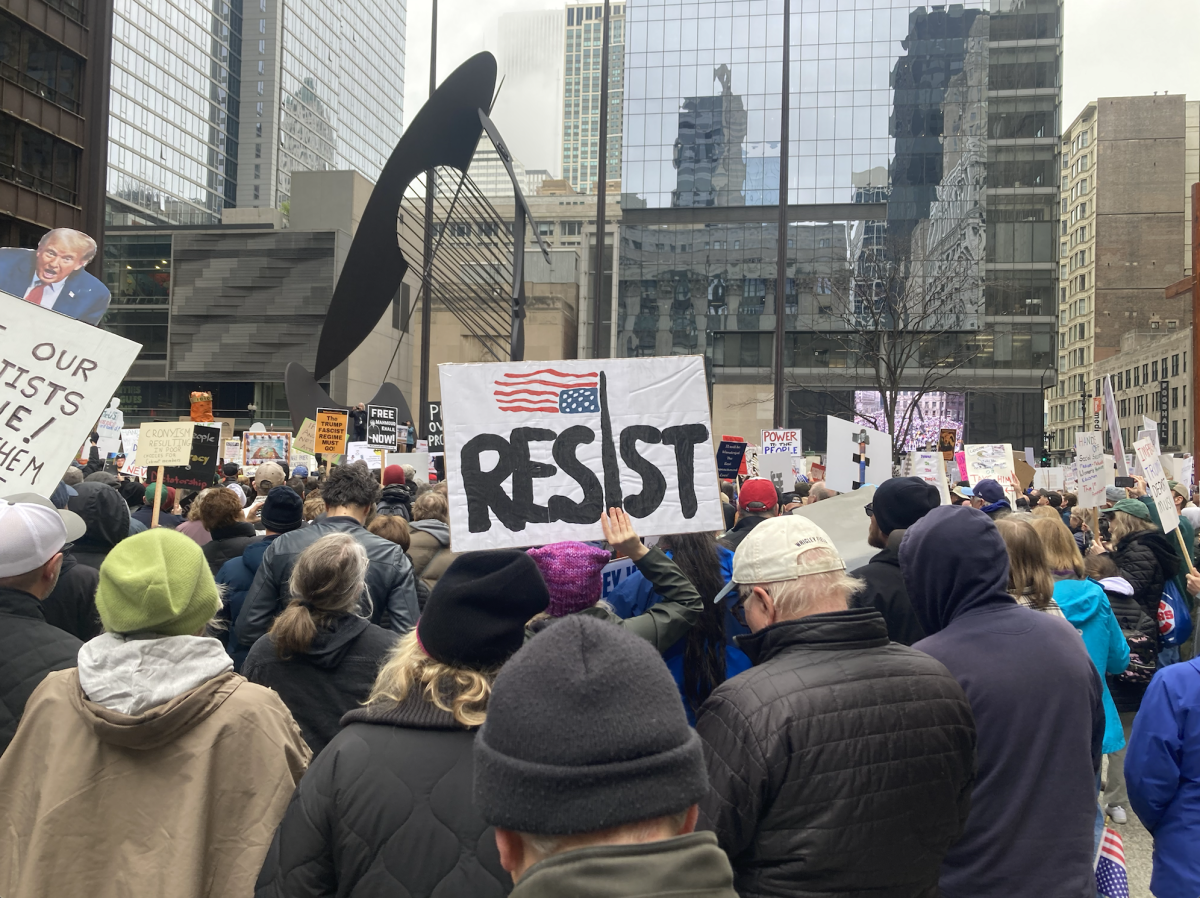


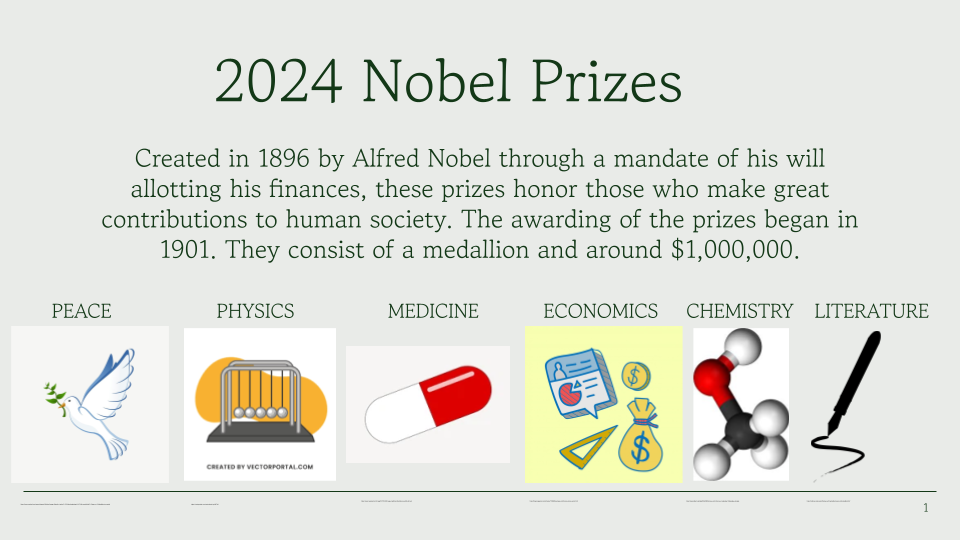


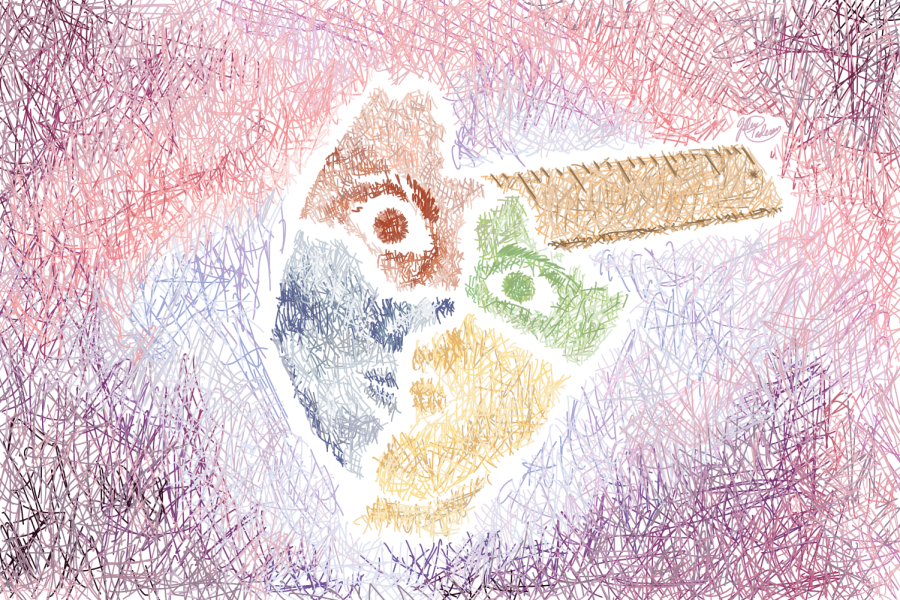




Hilda martens • Mar 30, 2024 at 7:46 pm
Please ask the US president to get out Americans back from Sudan please